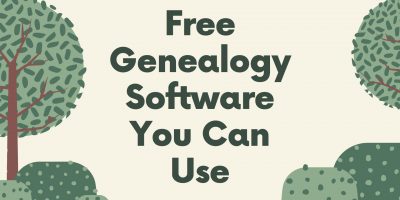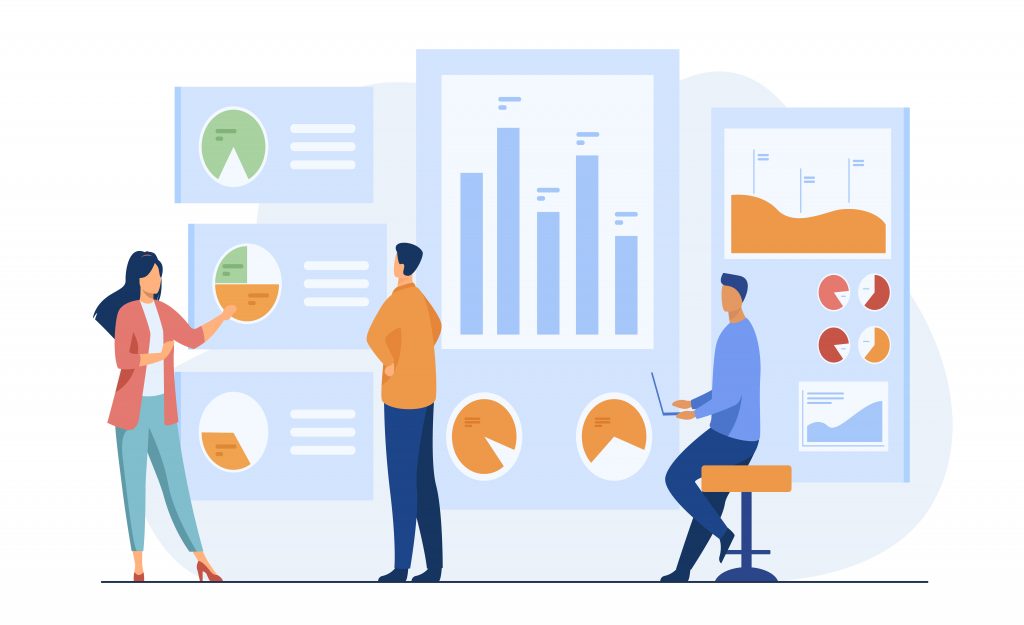
Free Genealogy Software You Can Use in 2024
Explore free genealogy software solutions and their helpful features to discover more about your family roots and ethnicity.

Working in the HR sector is often busy and demanding. Thus, the need for an effective way to ease the workflow is indisputable. Luckily, technology is here to offer smart solutions to most human resource problems.
HR professionals are increasingly investing in human resource information systems (HRIS) to better manage HR goals and objectives, increase efficiency, and reduce overall costs for the company.
A human resource information system (HRIS) is a software solution used to manage and automate HR processes and data. Its features and automation options simplify HR procedures, diminish manual processes, and enhance the productivity of the whole company or organization.
Therefore, companies dedicate 10% of their HR budgets to new technology solutions such as HRIS.
The benefits of HRIS are evident on many levels. HRIS can aid the daily work of:

There are many benefits to using HRIS in your daily job.
Statistics show that HRIS solutions save time and cost for companies while enhancing employee productivity and satisfaction.
Some of the most valuable HRIS software benefits include:
The automated approach to HR roles can boost productivity in the HR department. According to BambooHR, 72% of HR generalists using self-service HRIS reported a lighter workload.
Furthermore, HRIS can supercharge HR strategies within organizations.
The detailed dataset acquired from HRIS can help HR departments efficiently manage the workforce. It can aid recruitment and onboarding processes, improve financial management through payroll processing tasks, enhance PTO management, and more.
In general, the analysis provided by the HRIS can contribute to more valuable insights leveraged for better decision-making.
With HRIS software, information is stored in a centralized database, which can be easily accessed by all employees. Thus, employees can obtain, edit, and share information whenever needed. This individual yet unified approach of HRIS helps reduce redundancy and make the jobs of HR professionals easier.
Employees can conduct simple administrative tasks by themselves, so HR professionals can save precious time for more essential aspects of their work. For instance, employee self-service HRIS can reduce the time for administrative tasks by 40-60%, giving two hours of extra time per day to HR professionals.

45% of companies are in the early stages of basic automation, while automation is on the rise, with 74% of companies actively looking for new use cases for automation. It’s no surprise knowing the possibilities it creates for HR departments and employees.
This HRIS software benefit reduces much of the manual work, paperwork, and bureaucratic tasks. This time-effective HRIS benefit allows HR professionals to dedicate more time to the human aspect of their work and high-level tasks such as recruiting and onboarding new employees, increasing team productivity, enhancing organizational culture, and much more.
The benefits of HRIS in an organization are easily visible through easy access to data. The centralized nature of HRIS means the information is available to anyone in the organization at any time. Therefore, it can be accessed, shared, or updated faster.
Moreover, essential and valuable data can be encrypted and backed up, providing data security at the highest level.

Aside from the office automation function of HRIS, it is broadly used to quickly create reports and presentations. Since all the data is centralized, HR staff can efficiently run detailed reports such as salary, benefits, and proposed increase reports.
In addition, HRIS software can monitor and manage organizational tasks and routines and notify HR administrators whenever specific terms are not met.
Plus, the greater picture obtained by HRIS software can pinpoint individual issues that can be further solved by the HR department. Lastly, the benefit of HRIS can extensively reduce human errors during administrative tasks.
HRIS can streamline the process of recruitment in numerous ways.
With the help of HRIS, HR professionals can accept online applications faster and sort them by relevant filters regarding the position.
For example, by using different filters, HR professionals can browse applications by location, levels of education, professional experience, and more. Moreover, HRIS can also enable internal recruitment, allowing current employees to apply for open positions within the company.
One of the biggest challenges to corporate sustainability is the “green premium,” which is the extra cost associated with choosing more sustainable products and services.
Deloitte’s Global Sustainability Survey offers a glimpse into changing attitudes and behaviors across the globe.
Support for climate action appears to be weakening this year, and fewer individuals are making sustainable choices. Unsurprisingly, some may be tempted to cut back on sustainability efforts to save money.
However, businesses can still make a compelling case for sustainable practices to skeptical decision-makers.
Here’s the kicker: sustainability is not just good for the environment, but also for business.
Research from the Harvard Business Review reveals that sustainable businesses enjoy greater financial gains than their unsustainable counterparts. In fact, an impressive 69% of companies report that their financial gains from climate initiatives have exceeded their initial expectations.

HRIS can improve the process of onboarding, thus contributing to more satisfied and motivated employees. Statistics show that when HR departments use HRIS for onboarding, it leads to five times higher employee engagement.
Not only does HRIS alleviate the onboarding process, but it also improves the retention rate. By using HRIS effectively for onboarding, companies reduce turnover rates by 30%.
The self-service nature of HRIS can allow employees to individually access admin, become familiar with the work environment and the role, start training, and develop a sense of belonging within the company or organization.
With the many advantages of HRIS come some limitations as well, which include:
Still, the pros of obtaining HRIS software for your company outweigh the cons.
It can empower the HR department without posing a threat to HR job positions because of the important human aspect of HR.
To sum it up, the benefits of HRIS within an organization are extensive.
They can stretch from streamlining administrative and bureaucratic tasks to boosting motivation and productivity. Its time and cost-effective benefits make the investment worth it for both HR departments and companies.
Browse our curated list of vendors to find the best solution for your needs.
Subscribe to our newsletter for the latest trends, expert tips, and workplace insights!

Explore free genealogy software solutions and their helpful features to discover more about your family roots and ethnicity.

Unlock the potential of buyer intent data and leverage the power of technology to boost customer retention. Revolutionize your approach to customer relationships and maximize business success.
Streamline attendance management and boost productivity with these cutting-edge solutions for businesses of all sizes.
Gain insights into applicant tracking system pricing with a comprehensive cost vs. value analysis. Discover how investing in the right technology can optimize your recruitment process for maximum efficiency and results.
Used by most of the top employee benefits consultants in the US, Shortlister is where you can find, research and select HR and benefits vendors for your clients.
Shortlister helps you reach your ideal prospects. Claim your free account to control your message and receive employer, consultant and health plan leads.